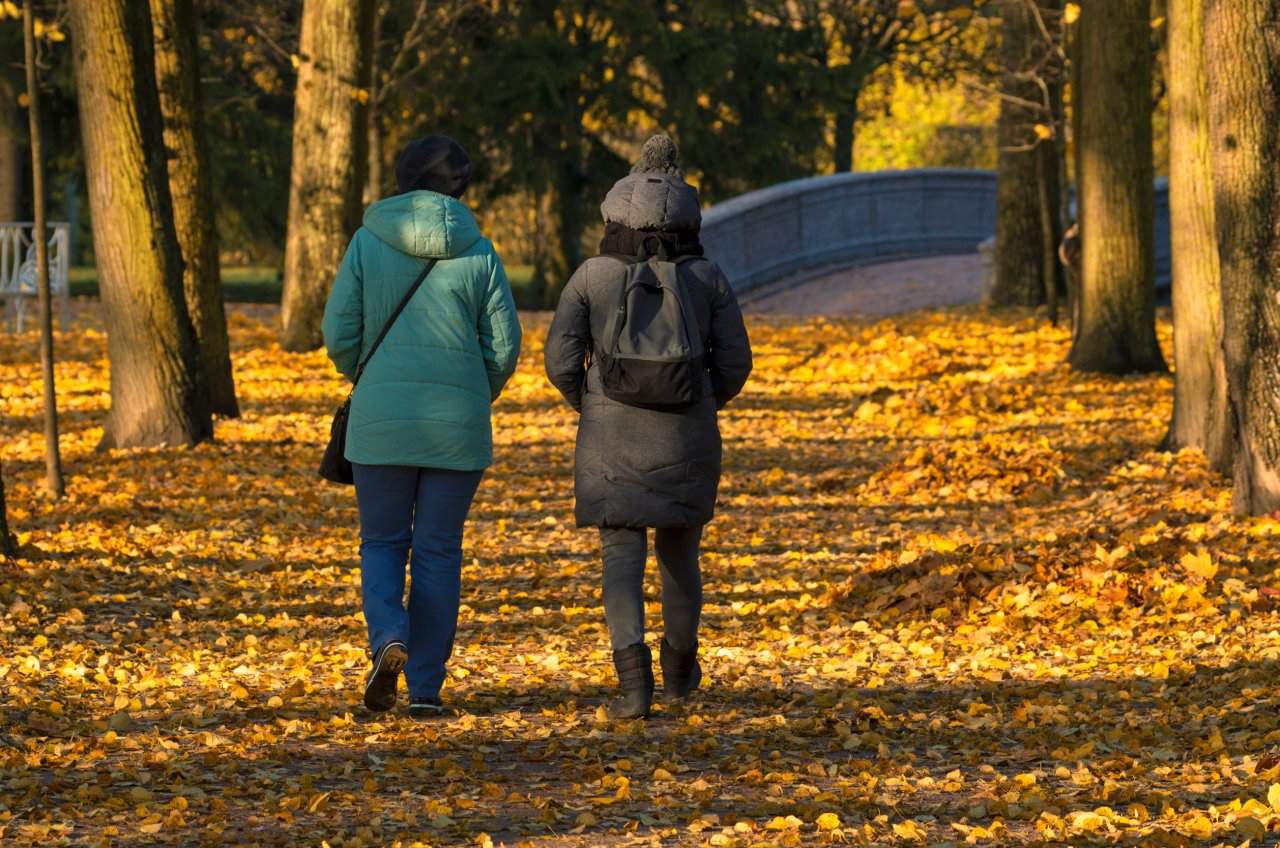 |
(123rf) |
The loss of routines in lives of South Korean people caused by COVID-19 appeared to have affected their physical states, including growing muffin top.
More than half of South Koreans in their 30s and 40s were found to be obese last year, according to data compiled by the Korea Disease Control and Prevention Agency.
The prevalence of obesity was 48 percent for men in 2020, a sharp increase compared to 41.8 percent a year earlier, the data released Monday showed. The rate among women rose 2.7 percentage points to 27.7 percent. It is the highest figure for both men and women since the survey has been conducted, showing the sharpest growth since 2001.
In particular, 58.2 percent and 50.7 percent of men in their 30s and 40s were obese, drawing concerns from Jeong Eun-kyeong, commissioner of the KDCA, who stresses the need to identify the cause and continue investigation and monitoring.
Noting that changes have been made in the public’s health status amid the COVID-19 pandemic, Jeong said, “Physical activity levels have declined and the prevalence of chronic diseases such as obesity and diabetes has increased.”
The percentage of people who took a walk for at least 10 minutes at a time and at least 30 minutes a day for five days in a week, was 39.2 percent, down 4.3 percentage points from the previous year.
Those who had moderate aerobic physical activity for longer than 2 hours and 30 minutes per week or who got at least 1 hour and 15 minutes a week of high-intensity activity accounted for 45.6 percent of all respondents, the lowest since 2014.
The reduction in physical activity seems to have occurred as the country struggled with repetitive flare-ups in COVID-19 cases in the year.
Strict social distancing rules virtually confined many to their homes. Commuters who would have spent several minutes every day walking to and from work started telecommuting. Indoor gyms were closed or faced with strict rules to prevent infections through the spread of sweat and saliva.
By Park Han-na (
hnpark@heraldcorp.com)








